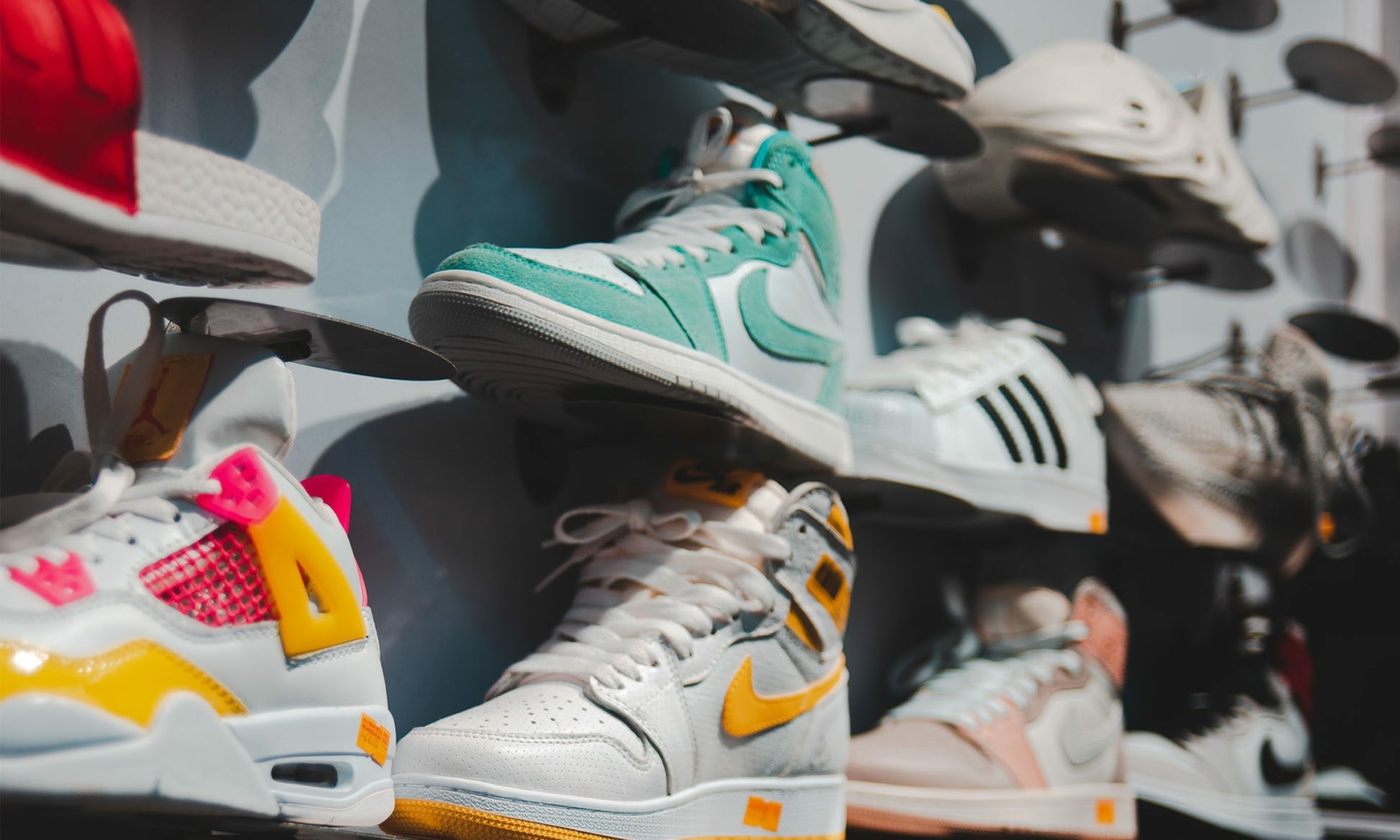When you think about the sportswear sector, a few big-name brands probably spring to mind. From Nike to Adidas, there’s something these sports retail giants have in common – they’ve cultivated a strong and memorable brand.
While smaller sportswear brands are certainly in good company, they’re also up against very stiff competition. Success in this sector isn’t just about having great products and a user-friendly website (though these are important. It’s about creating a strong brand identity that resonates with the target audience. In this blog post, we’ll explore why.
What is the role of branding in sports?
The importance of brand is well understood in retail across the board, but in the sportswear market, it’s particularly critical. Sportswear is an industry (both actual sports and sports fashion) that tends to attract very loyal followers, with the youth market particularly tribal about which sports brands they’ll wear.
To drive growth and retain loyalty, sports brands have to cement their brand values and present a strong, consistent image across all channels. This is what the brands leading the sector do very well.
The idea of globally recognised brands is carried throughout the sector. According to a report from Retail X, more than half of sports goods companies say that having a strong brand is vital for growth and revenue generation in the sector. Similarly, more than 50% also expect to increase their investment in brand and brand building.
When we take a look at the largest 50 sportswear brands and retailers globally in terms of traffic, all of the usual suspects are present. Some of the best-known brands in the world take many of the top spots Nike, Adidas, Puma, Decathlon, New Balance and Gymshark. These – along with many others in the list – have done a hugely successful job of creating, building and growing their brand, which has in turn led to enormous global sales.
So where do local brands fit in?
While it can’t be denied that big names sell, this doesn’t mean that there isn’t room for smaller or local brands to dominate the market. Internationally-recognised brands are only part of the picture.
When Retail X asked consumers about their preferences around value for money, personalisation, reliability, design and a range of other factors that influenced their choice of sports goods, the preference is actually skewed towards local brands.
In fact, 51% of those surveyed prefer local brands to international ones. This goes against the general consensus that consumers prefer globally recognised brands that are perceived as being higher quality and part of a global culture. In reality, this is only true for a handful of major players.
For many consumers, the culturally sensitive nature of local brands, along with lower price points, are much preferred, opening up opportunities for smaller or independent brands to capitalise on.
How to build a strong sports ecommerce brand
1. Build trust and credibility
Trust is the foundation of any successful ecommerce business, and branding plays a pivotal role in establishing trust with your customers. A well-crafted brand identity exudes professionalism, reliability, and authenticity. When your customers see a strong and consistent brand, they are more likely to trust your products and your commitment to quality.
If we look at Nike or Adidas, their logos, slogans, and overall branding have become synonymous with high-performance athletic gear. This trust and credibility have propelled them to the top of the sports ecommerce industry. Nike’s iconic “just do it” slogan has become a universal call to action, inspiring people to work harder through its simplicity and emotional appeal.
2. Connect emotionally with sports fans
Sports, by nature, evoke strong emotions. Whether it’s the thrill of victory or the agony of defeat, sports fans are deeply passionate about their teams and athletes. By creating a brand that taps into these emotions, you can establish a deeper connection with your target audience.
Your branding should tell a story that resonates with the sports enthusiast’s passion. This could be achieved through the use of colours, imagery, and slogans that convey the excitement and energy of the sporting world. When fans feel an emotional connection to your brand, they’re more likely to become loyal customers.
3. Stand out in a crowded field
The sports ecommerce market is crowded and competitive, with countless businesses vying for attention. A strong brand helps you stand out from the crowd. Your logo, website design, and marketing materials should be unique and instantly recognisable. Consistency is key; when consumers see your branding, they should immediately associate it with your business.
Consider Under Armour, with its distinctive logo and innovative approach to sportswear, which began with a t-shirt designed to keep athletes cool and dry. This unique brand identity and game-changing products have allowed them to become the billion-dollar brand they are today. The brand name works perfectly and lets consumers know what they’re about.
4. Differentiate your products
While product quality is crucial, it’s often not enough to succeed in sports ecommerce. Many sports products are similar in functionality, so your brand can be the differentiating factor. A powerful brand makes it easier for customers to choose your products over those of your competitors.
For example, think of how Puma emphasises style and individuality, setting it apart from big-name competitors. By focusing on these unique aspects, they appeal to a different segment of the market who are looking for cutting-edge design. They’ve invested heavily in product innovation and collaborations that speak to their target audience.
5. Build brand loyalty
Brand loyalty is the holy grail of ecommerce. When customers are loyal to your brand, they not only make repeat purchases but also become brand ambassadors. They recommend your products to friends and family, expanding your customer base through word-of-mouth marketing.
Branding plays a significant role in cultivating this loyalty. When customers identify with your brand, they become emotionally invested in its success. This emotional attachment translates into long-term loyalty and growth for your sports ecommerce business.
Trying to create an identity for your sports ecommerce brand that resonates with your target audience and stands out in a crowded market? Send us a message and our creative team will be in touch.

